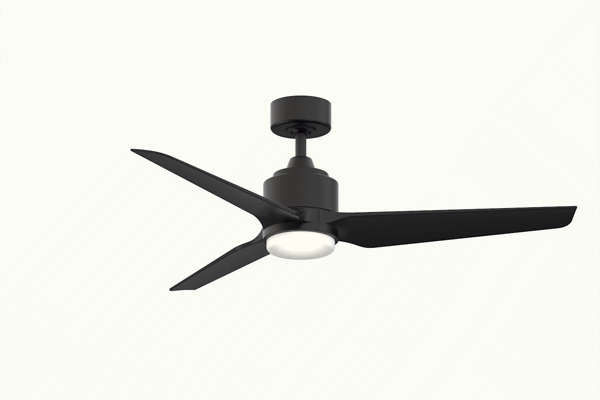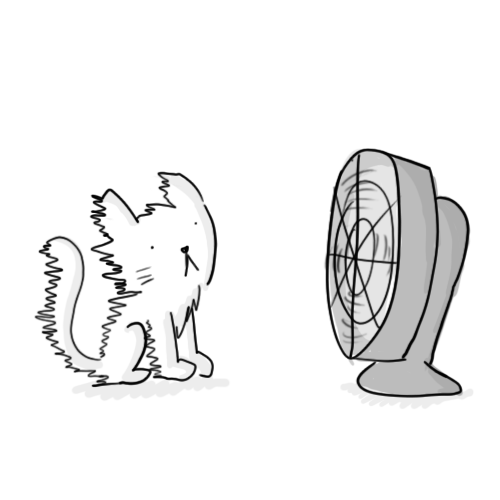
 You would be wrong. Let's look at what it means when we say 'to cool'. Consider a room with doors and windows that are closed, and with no other heating or cooling except for a fan in the middle of the room. The fan is running on 'high'. No-one is in the room, which is rather warm. Will the temperature drop? If you did this experiment, you would discover that, not only does the temperature in the room not drop, but over the course of a few hours will actually rise! The fan is moving air around the room, but that's all it's doing. The air doesn't get cooled, just moved around. But the motor in the fan is giving off a small amount of heat, which over the course of hours, maybe a full day, will warm the air in the room by a few degrees. Now let's do the experiment again, only this time you're in the room. Will you feel cooler? Will your body temperature actually drop?  Here the answer is definitely yes! The moving air passes over your skin, which is sweating because the room is warm. This moisture will evaporate into the air. As air continues to pass over the skin from the fan and the convection currents it creates, more and more moisture evaporates from your skin.
Here the answer is definitely yes! The moving air passes over your skin, which is sweating because the room is warm. This moisture will evaporate into the air. As air continues to pass over the skin from the fan and the convection currents it creates, more and more moisture evaporates from your skin.In order to evaporate, the liquid moisture on your skin must turn into water vapour, which is a gas. This requires energy. The energy comes from your warm skin. As this energy is stolen from your skin to evaporate the moisture, it leaves your skin cooler. You feel cooler. Not only that, but as the blood flowing under your skin continually gets cooled and the cooled blood continues to be carried back to your heart where it gets distributed around your body, over time your body will actually measureably cool! So that's the answer. The cooling effect of a fan doesn't change the temperature in the room, but does lower your temperature as it causes sweat to evaporate. |